Originally published April 28, 2018. Reprinted from FNTC website.
The FNTC has been working with proponent First Nations to advance a First Nation cannabis tax option since March 2017. The FNTC made proposals about this option in April 2017 to the Minister of Justice and in August 2017 to the Department of Finance. First Nations have been seeking greater support for this option over the last several months.
On February 28, 2018 the Chief Commissioner made a presentation to the Senate Committee on Aboriginal Peoples who were reviewing Bill C-45 to suggest specific amendments to enable First Nation cannabis tax and regulatory jurisdiction.
“The lack of First Nation inclusion in the cannabis tax framework is a missed opportunity for the federal government to demonstrate its commitment to a nation-to-nation relationship. First Nation cannabis tax jurisdiction is an opportunity to use First Nation tax jurisdiction to address the potential grey market manufacture and sale of cannabis, as has happened with tobacco.” – C.T. (Manny) Jules, FNTC Chief Commissioner
The proposal was well received by the Senate Committee and has gained positive support from interested First Nations. The FNTC advanced suggested wording for amendments to create a First Nation cannabis tax option.
The FNTC and proponent First Nations are seeking to achieve several broad objectives with these amendment proposals, including:
Enable a First Nation cannabis tax framework that:
- Generates revenues for interested First Nations to support health, education, infrastructure and regulatory requirements associated with cannabis manufacturing, distribution, sales and consumption on First Nations lands,
- Provides a framework to support an improved jurisdiction-based fiscal relationship for interested First Nations, and
- Recognizes and effectively implements First Nations government jurisdiction within the Canadian federation.
Enable a First Nation cannabis tax and regulatory framework that is harmonized with the proposed federal and provincial frameworks for interested First Nations, that:
- Enables a harmonized FMA cannabis excise tax for interested First Nations,
- Enables a harmonized cannabis FNGST for interested First Nations,
- Enables cannabis regulations (including licensing and associated fees) for interested First Nations,
- Enables agreements between interested First Nations and interested provinces with respect to harmonized PST and possible harmonized cannabis tax regulation and enforcement on First Nation lands, and
- Provides options for First Nations to create regulatory frameworks on their lands for cannabis that are parallel those implemented by the provinces. In this regard, it is anticipated that First Nations may choose to tie into and apply certain aspects of provincial frameworks on their lands, for administrative efficiency.
There are four distinct elements to the proposed amendments to develop a First Nation cannabis tax option:

FMA Amendments – These proposed amendments would enable First Nation fiscal powers associated with cannabis excise, FNGST and licensing. They would also enable efficient revenue collection mechanisms and ensure that these additional revenues could be used to support long term infrastructure financing.
Excise Act, 2001 Amendments – These proposed amendments would provide an orderly transition to cannabis taxation for interested First Nation and ensure the efficient collection and payment of these revenues to participating First Nations.
FNGST Act Amendments – These proposed amendments would provide an option for interested First Nations to include FNGST revenues in the FMA to coordinate with other cannabis tax revenues and to ensure the efficient collection of these revenues.
Cannabis Act (Bill C-45) Amendments – These proposed amendments would ensure the First Nations cannabis tax and regulation options are enabled in this legislation. These proposed amendments would also ensure that First Nation cannabis tax and regulation option could be efficiently coordinated and potentially harmonized with other governments through agreements and regulations.

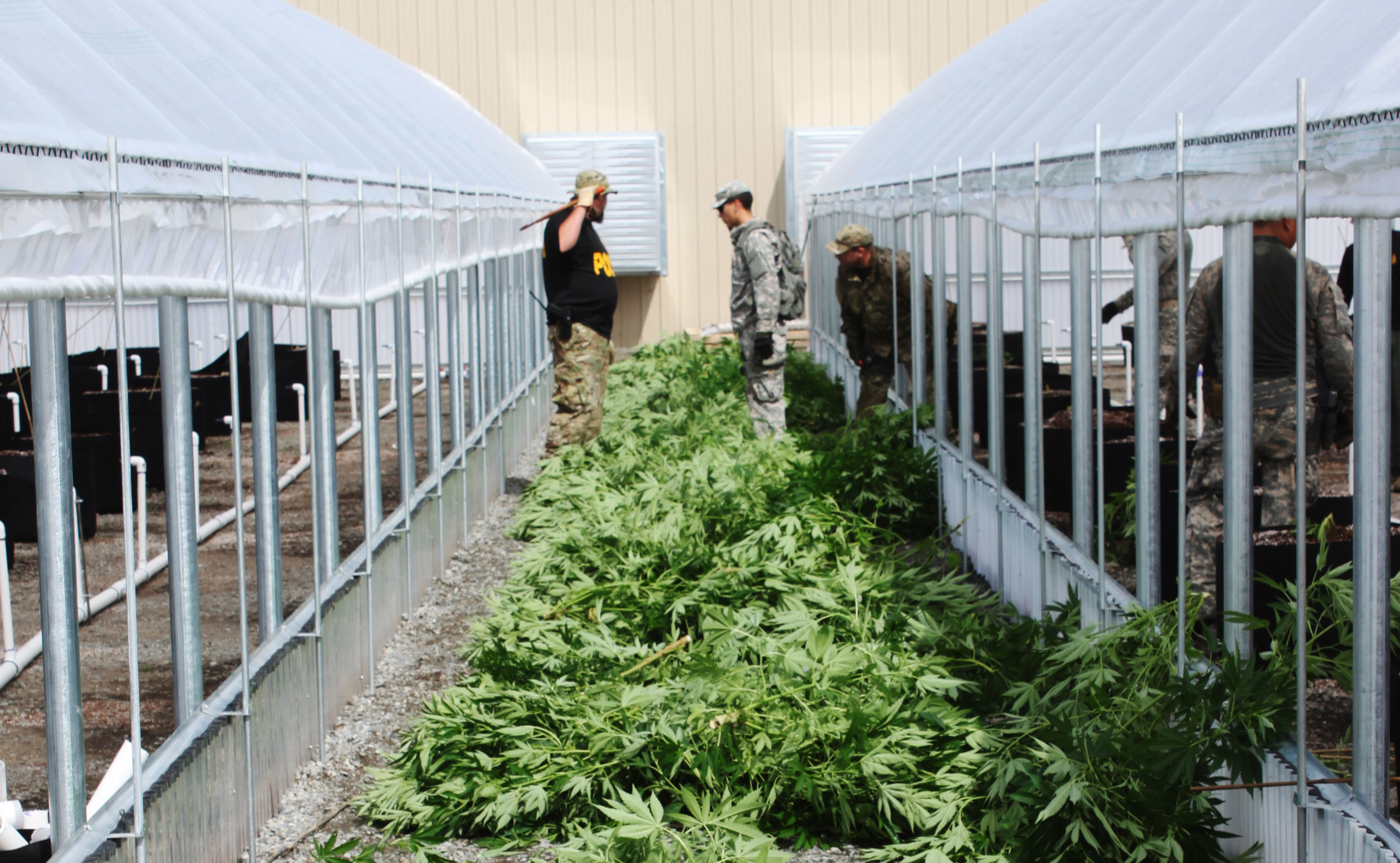





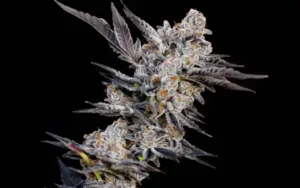

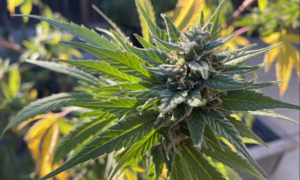

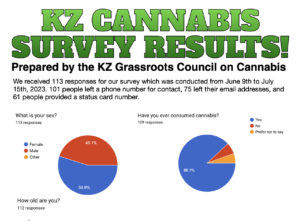
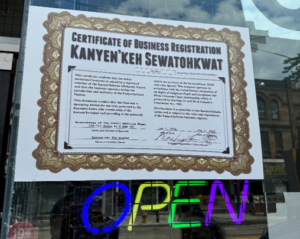





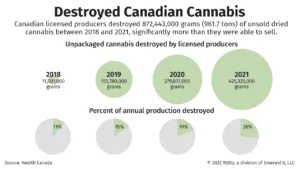

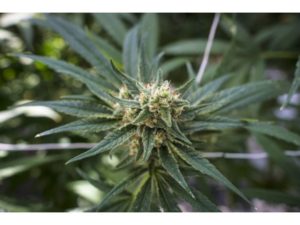

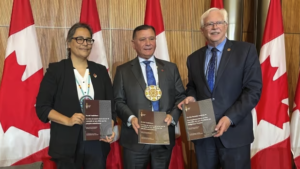



Comments are closed.